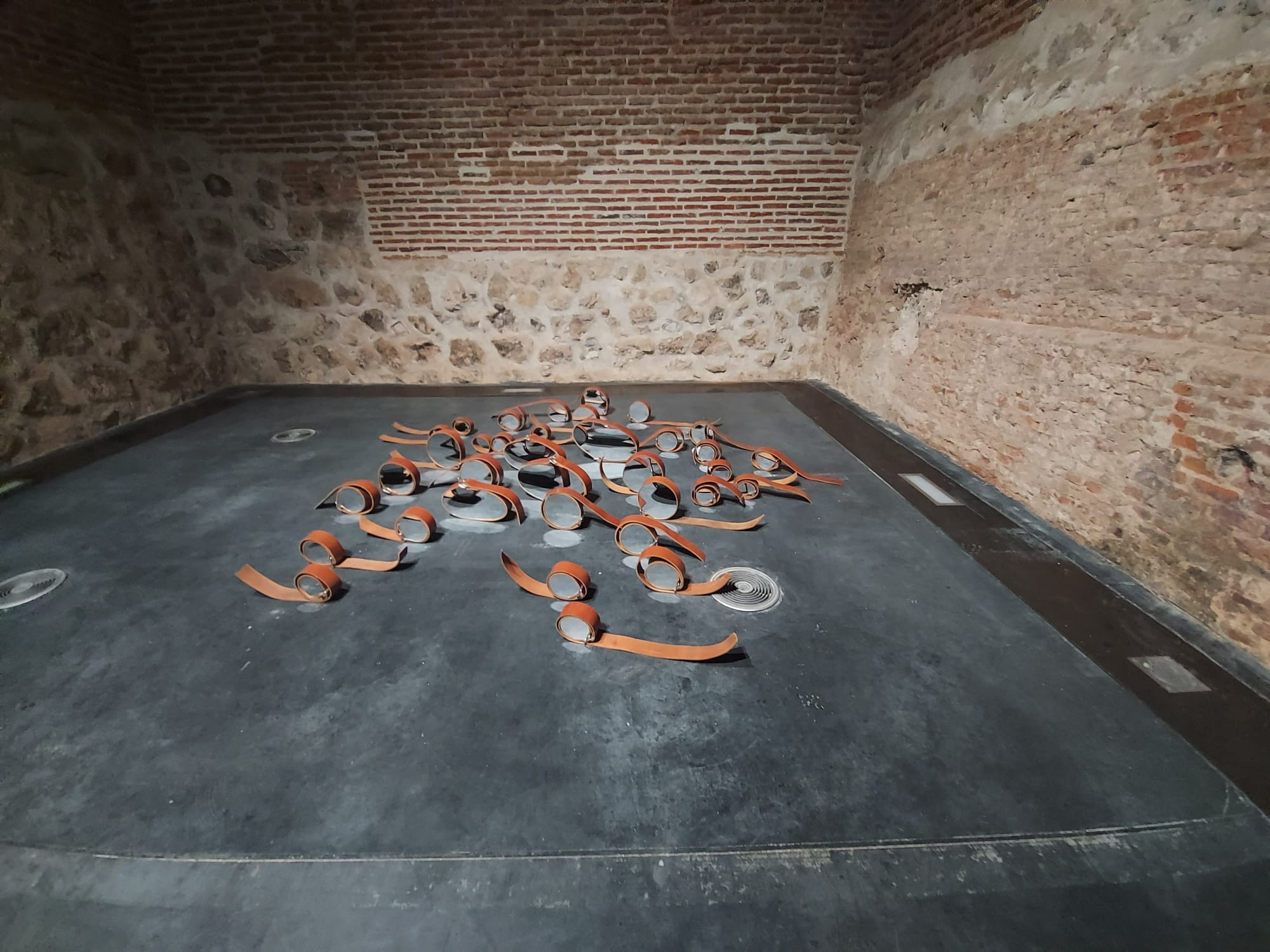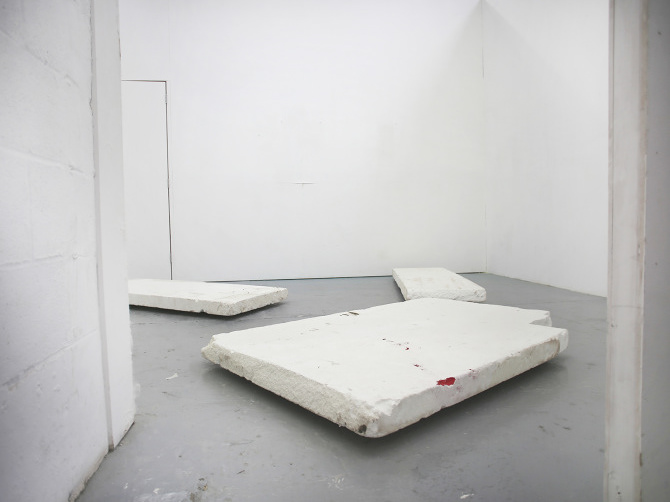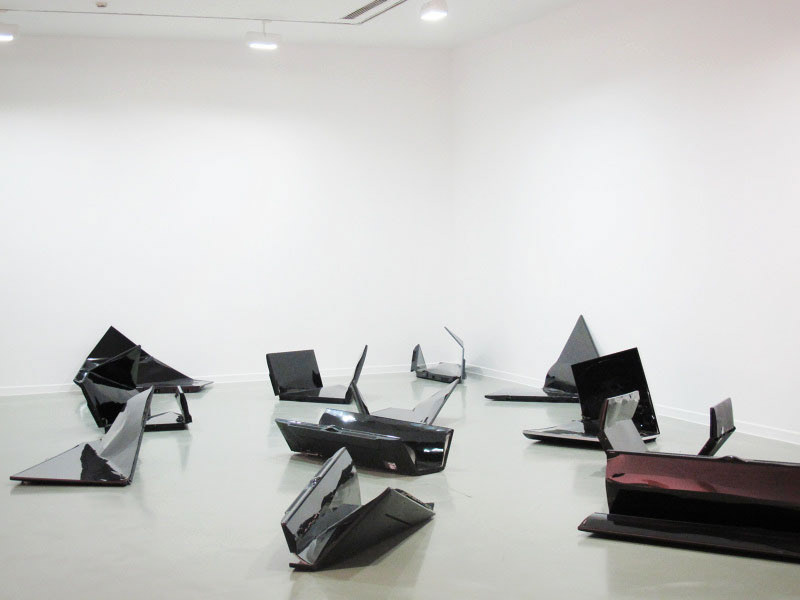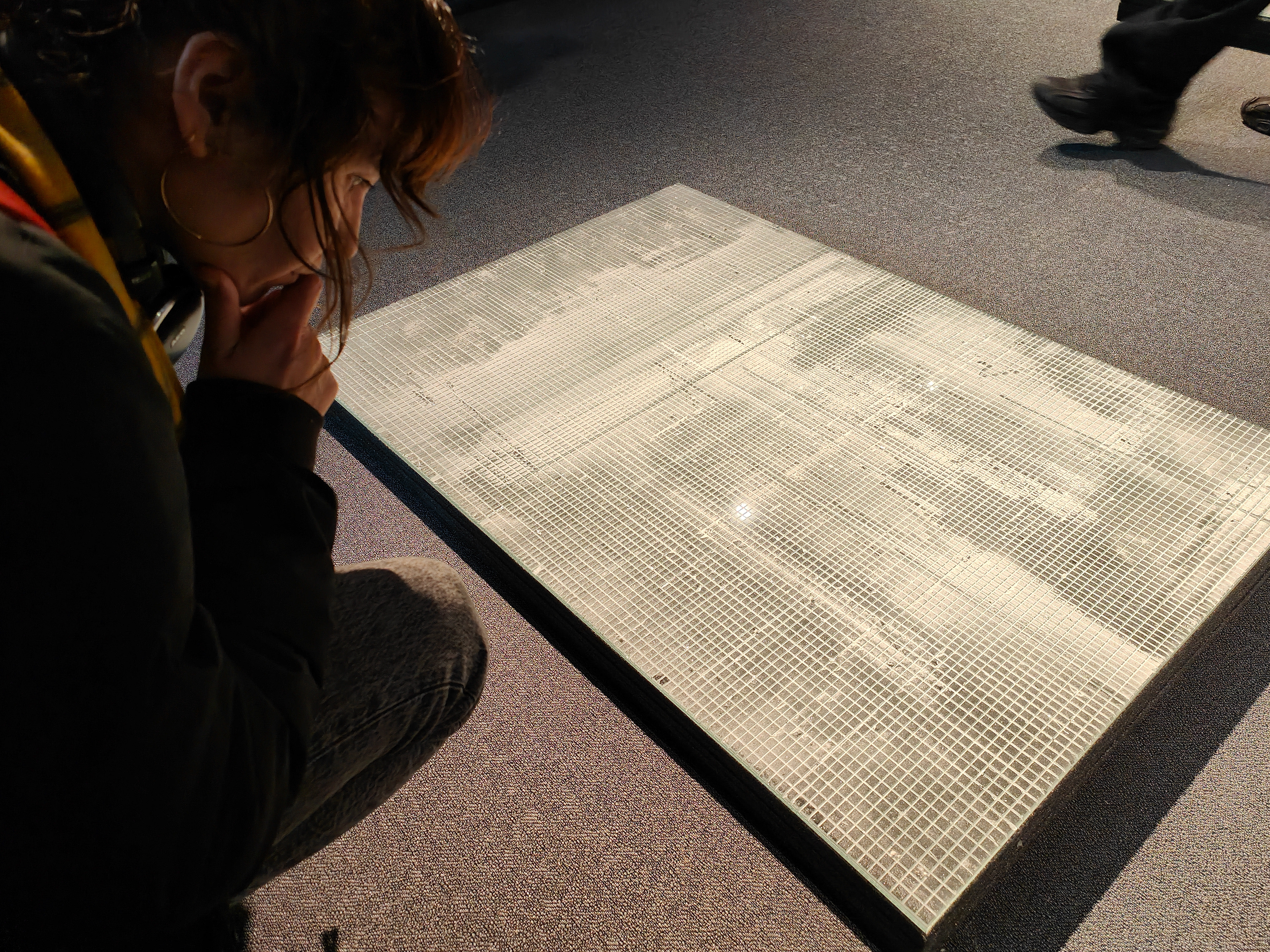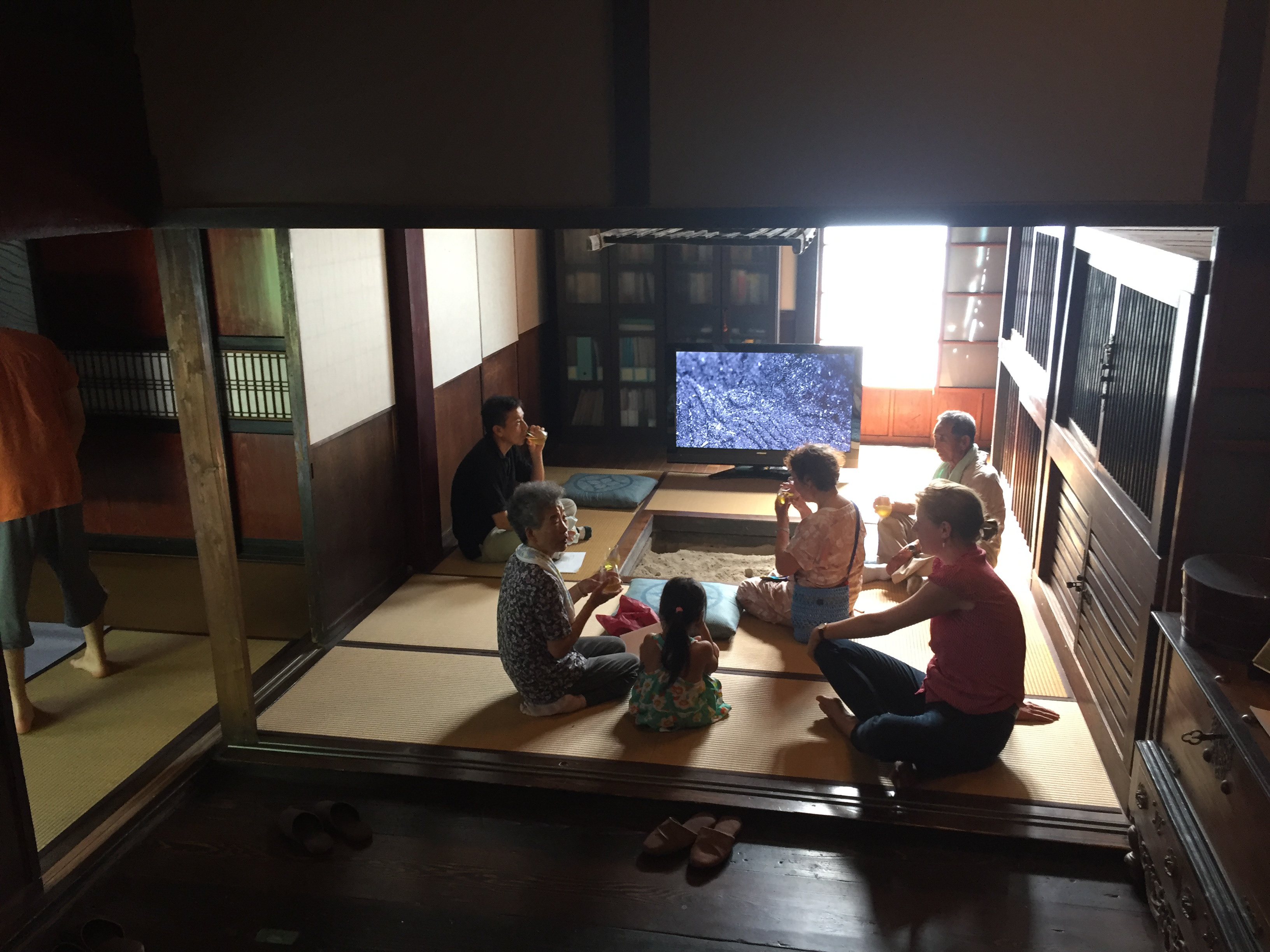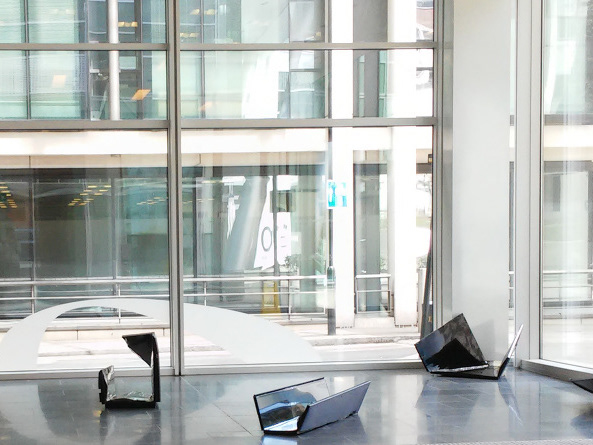Breathless from the strain vigilance, breathless from the oppressiveness of the stuffy night-air - Hermann Broch, The Death of Virgil
The soul is the relation to the other, it is attraction, conflict, relationship. In the history of capitalism the body was disciplined and put to work while the soul was left on hold, unoccupied and neglected. What the workers whished to do with their souls, their thoughts, language and effects presented no interest for the capitalist of the industrial times. Eight hour a day (or nine, ten, twelve) the body is force to repeat strange, alienated, hostile movements. The soul is muted until it rebels; then the body refuses to submit, interrupting its services, breaking the chain and blocking the productive flow.
The alienation of the soul from the body was seen as the greatest disgrace by idealist humanism, yet it can finally appear as a form of power. Once alienation becomes active estrangement, the animated body recognizes its distance form capital interests. Then human being rediscover their intellectual and psychological integrity, refusing to submit to wage labor and beginning the foundation of a community that is aware and free, cohesive and erotic.
The overcoming of the body’s submission to domination became possible precisely because the soul remained separate from it: language, relations, thoughts, all cognitive activities and effective faculties remained distant from the labor process and therefore they were free, despite the body’s enslavement. Assembly-line workers, while forced to repeat the same movements, still had brains that through freely, at least until their energies were available and fatigue and sadness did not prevail. Despite the machine’s clanking, it was possible to discuss and start processes of autonomy and revolt. But in Semiocapitalism, the soul itself is put to work. This is the essential point of the postindustrial transformation that we experienced in the last decades of the twentieth – century.
Franco Bifo Berardi, The soul at work. From alienation to autonomy. SEMIOTEXT(E). THE MIT Press. 2009
The soul is the relation to the other, it is attraction, conflict, relationship. In the history of capitalism the body was disciplined and put to work while the soul was left on hold, unoccupied and neglected. What the workers whished to do with their souls, their thoughts, language and effects presented no interest for the capitalist of the industrial times. Eight hour a day (or nine, ten, twelve) the body is force to repeat strange, alienated, hostile movements. The soul is muted until it rebels; then the body refuses to submit, interrupting its services, breaking the chain and blocking the productive flow.
The alienation of the soul from the body was seen as the greatest disgrace by idealist humanism, yet it can finally appear as a form of power. Once alienation becomes active estrangement, the animated body recognizes its distance form capital interests. Then human being rediscover their intellectual and psychological integrity, refusing to submit to wage labor and beginning the foundation of a community that is aware and free, cohesive and erotic.
The overcoming of the body’s submission to domination became possible precisely because the soul remained separate from it: language, relations, thoughts, all cognitive activities and effective faculties remained distant from the labor process and therefore they were free, despite the body’s enslavement. Assembly-line workers, while forced to repeat the same movements, still had brains that through freely, at least until their energies were available and fatigue and sadness did not prevail. Despite the machine’s clanking, it was possible to discuss and start processes of autonomy and revolt. But in Semiocapitalism, the soul itself is put to work. This is the essential point of the postindustrial transformation that we experienced in the last decades of the twentieth – century.
Franco Bifo Berardi, The soul at work. From alienation to autonomy. SEMIOTEXT(E). THE MIT Press. 2009
